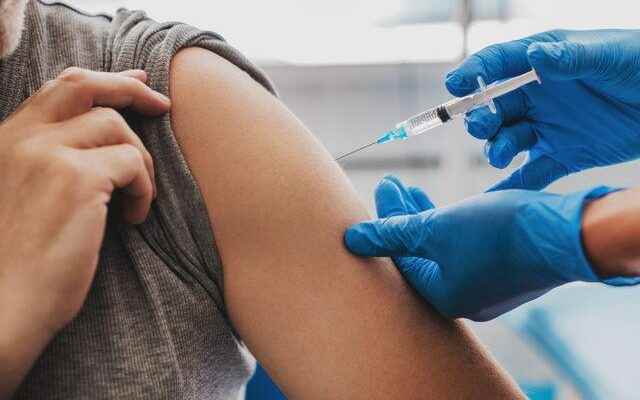In the study published in the journal Brain, Behavior and Immunity, the immune response of 70 people who received the Pfizer-Biontech Covid-19 or flu vaccine, if they exercised for a certain period of time after being vaccinated, was examined.
Scientists from the University of Iowa invited healthy people aged 18 to 87 who stated that they exercise occasionally, to the laboratory for flu shots, contacting local Covid-19 vaccination centers and reaching 28 people who will receive their first dose of vaccines.
The researchers, who measured the antibody levels by taking blood from the subjects before the vaccines were administered, asked some of the randomly vaccinated people to sit down and some to do light-to-moderate exercise for 90 minutes.
GOAL 90 MINUTES OF EXERCISE
The researchers set a 90-minute exercise goal based on previous unpublished studies that showed that 90 minutes of exercise significantly increased blood production of a substance called “interferon alpha,” which triggers the formation of immune cells.
Subjects who rode an exercise bike or walked briskly for 90 minutes immediately after administration of the vaccine tried to keep their heart rate between 120 and 140 throughout the exercise.
The researchers, who asked some of the flu vaccine subjects to limit their exercises to 45 minutes, measured their antibody levels by taking blood samples from the subjects 2 to 4 weeks after the vaccines.
45 MINUTES OF EXERCISE DID NOT MAKE A DIFFERENCE
As expected, antibody levels increased in all subjects after vaccinations, while those who exercised for 90 minutes after vaccination had statistically significantly higher antibody levels.
On the other hand, there was no difference between the antibody levels achieved in people who exercised for 45 minutes and the antibody levels measured in those who did not exercise.
